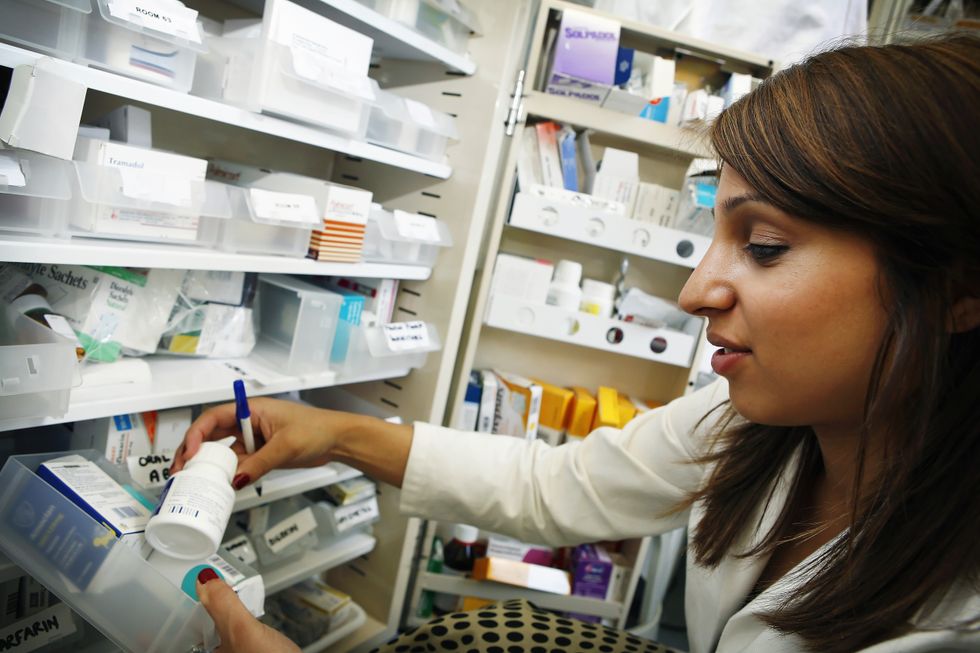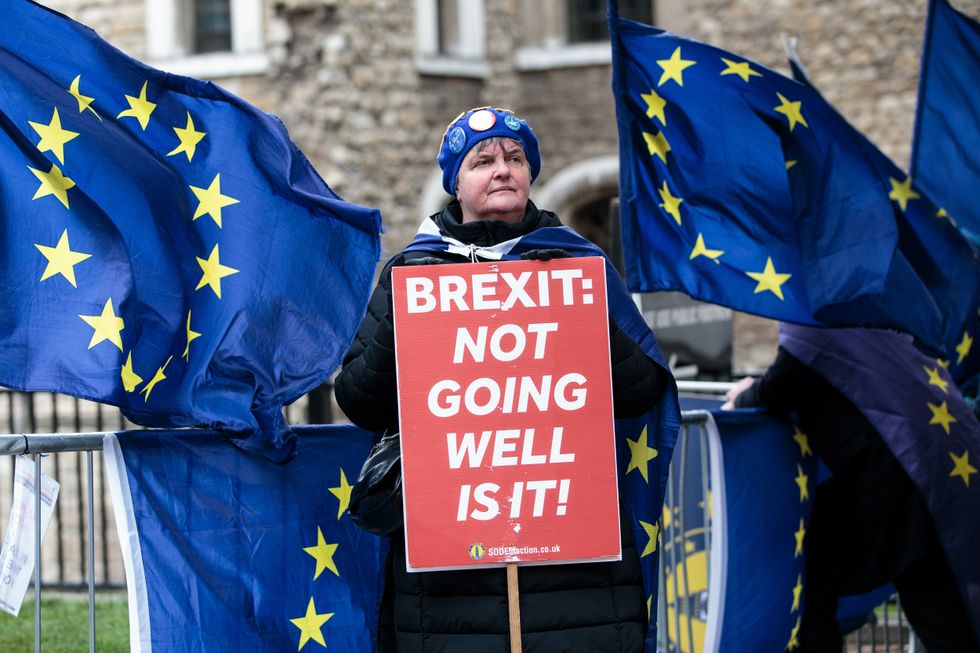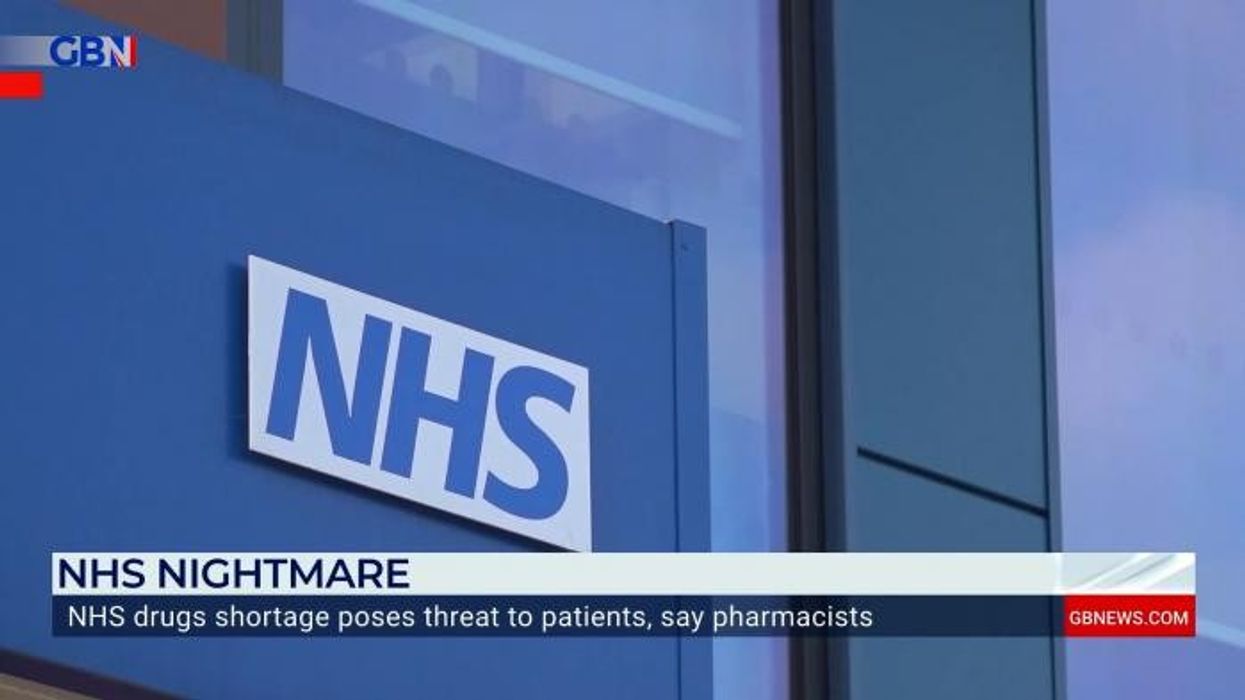UK risks being left 'behind in the queue' as EU plots to hoard vital medicines

The European Medicines Agency is hoping to enable all 27 member states to work together to ensure adquate supplies across the bloc
Don't Miss
Most Read
The UK has been warned it risks being left behind as the EU plots to hoard vital medical supplies.
A centralised supply strategy across the bloc could threaten to leave Brexit Britain in the dark as Brussels seeks to adopt a new strategy.
The European Medicines Agency (EMA), which is responsible for the evaluation and supervision of pharmaceutical products within the EU, is aiming to ensure adequate supplies across the bloc under a new system.
Experts have suggested the approach could seriously hinder Britain’s access to supplies.

The EU could create problems for the UK's medical supplies
|GETTY
The UK is currently facing major shortages of medicines, including type 2 diabetes, motor neurone disease and cancer.
Nuffield Trust’s Brexit programme lead Mark Dayan told The Guardian: “There is a real risk that measures in such a large neighbour, which is now a separate market due to Brexit, will leave the UK behind in the queue when shortages strike.
“The EU has been scoping out buying more medicine jointly, starting with action on antibiotics next winter.”
He continued: “This would risk worsening shortages from a starting point where they are already exceptionally severe for the UK and other countries, with a mounting impact in terms of costs and wasted time for the NHS, and in terms of patients struggling to get what their doctors have said they need.”
LATEST DEVELOPMENTS:
An anti-Brexit campaigner in Westminster
|GETTY
Pharmaceutical trade expert Dr Andrew Hill also said: “Europe is securing access to key drugs and vaccines as a single region, with huge influence and buying power.
“As a result of Brexit the UK is now isolated from this system, so our drug supplies could be at risk in the future.”
However, the Association of the British Pharmaceutical Industry’s patient access director David Watson insists safeguards remain in place.
He explained: “We recognise that, for a wide range of reasons, shortages do happen, and that we need to continue to work across borders to prevent and manage them for patients.

An image of prescribed drugs
|GETTY
“We have no reason to think that the EU’s latest policies will adversely impact this ongoing challenge.
“The UK has its own well-rehearsed procedures in place to safeguard essential medicine stocks, working with companies.”
The EMA said: “The EU (Union) list of critical medicines enables EMA, the European Commission and the Heads of Medicines Agencies (EMA) to work together to ensure they can take proactive measures to avoid medicine shortages.
“It contains human medicines whose continued supply is considered a priority in the EU, to avoid serious harm to patients and help healthcare systems function.
“Medicines on this list will be prioritised for EU-wide actions to strengthen their supply chains and minimise the risk of supply disruptions.”











